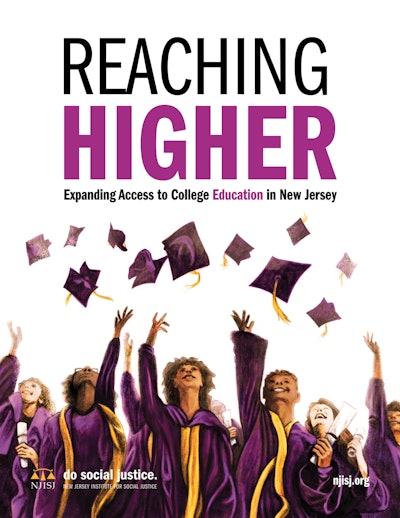
The report, "Reaching Higher: Expanding Access to College Education in New Jersey," warns that the state's higher education system faces a critical crossroads as the Trump administration moves to eliminate the Department of Education, restrict student debt relief, and ban diversity, equity and inclusion initiatives at federally funded institutions.
"New Jersey must decide whether its future in higher education will be swept up in the national attack on affordability and diversity, or whether it will forge its own path toward a prosperous and inclusive higher education system," the report states.
The institute argues that decades of state disinvestment have shifted college costs to students, creating barriers particularly harmful to Black and Latino students. New Jersey's per-student higher education funding has fallen 21.7% since 1999, dropping the state below the national average despite ranking fifth nationally in K-12 funding per student.
This disinvestment has contributed to New Jersey having the fourth-highest college attendance costs nationally at $29,392 annually for in-state students at public institutions. New Jersey graduates also carry the sixth-highest debt burden nationally, averaging $39,709 in 2020.
The report highlights concerning enrollment trends, with New Jersey institutions seeing only a 1.84% increase in fall 2024 after 12 consecutive years of decline. Community colleges have been particularly affected, experiencing a 38% enrollment drop between 2010 and 2021.
Among the institute's key recommendations:















